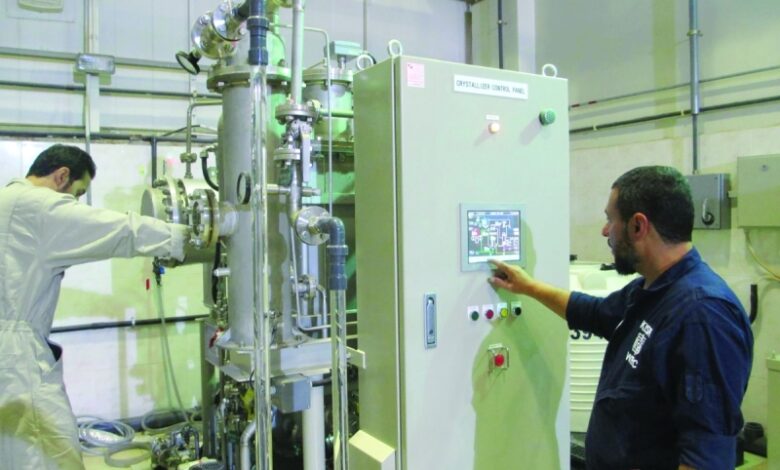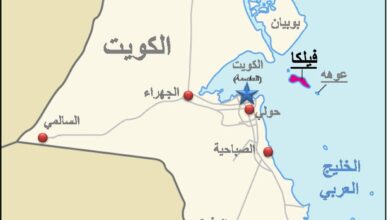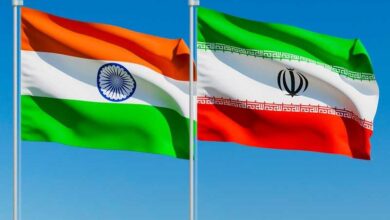A vision for Kuwait’s water future: Dr. Mansour Ahmed’s zero salt return project
'The opportunity is now — to secure the nation’s water, environment, and economy for generations to come'

In an ambitious step toward securing Kuwait’s future water needs, Dr. Mansour Ahmed, Director of the Water Desalination Technologies Program at the Kuwait Institute for Scientific Research, unveiled a groundbreaking project.
He described a revolutionary “zero salt return” system—a sophisticated, interconnected web of technologies designed to treat and desalinate water without releasing salt waste into the sea.
He told Al-Rai that this innovation isn’t just about cleaner water—it’s a comprehensive vision. Dr. Ahmed emphasized that the system is a powerful answer to Kuwait’s environmental and economic challenges.
It not only produces freshwater efficiently, but also extracts valuable minerals like sodium, magnesium, and lithium from waste, transforming what was once pollution into industrial resources. These can be reused in sectors like pharmaceuticals, fertilizers, and battery production—boosting both sustainability and economic returns.
The environmental benefits are significant. The system uses renewable energy, like solar power, reducing carbon emissions and preserving marine ecosystems. This makes it a dual solution—producing freshwater and usable minerals while protecting Kuwait’s environment.
Dr. Ahmed pointed out that farmers, especially in agricultural areas suffering from rising groundwater levels and soil salinity, stand to benefit greatly. By treating and reusing this water for irrigation, the technology could prevent crop damage and infrastructure erosion, supporting food security and agricultural sustainability.
From a national perspective, the project is a strategic pillar of Kuwait Vision 2035. It supports localization of technology, training of national cadres, and the creation of specialized jobs. This aligns with the country’s long-term goals of sustainable development and economic diversification.
However, Dr. Ahmed also acknowledged challenges: high startup costs, the need for advanced local expertise, and the complexity of transferring such cutting-edge technologies.
To overcome these, he proposed four key solutions:
- Strengthen partnerships with global private sectors.
- Launch training programs for local professionals.
- Fund innovative, research-driven projects.
- Build a scientific and technical base to support long-term transformation.
He also revealed that the institute had already run a successful pilot project with Japanese partners to treat oil-related water using similar technology—turning waste into industrial-grade distilled water.
Strategic locations across Kuwait are already being considered for implementation, including coastal areas, agricultural zones, and remote islands. These areas could be equipped with solar-powered, mobile desalination units, making clean water accessible even without traditional infrastructure.
Dr. Ahmed’s message to Kuwait’s decision-makers was clear: this is not just a technological upgrade—it’s a vital national necessity. With the zero salt return system, Kuwait can lead the region in sustainable water technology, just as it once pioneered early desalination methods.
The opportunity is now — to secure the nation’s water, environment, and economy for generations to come.













